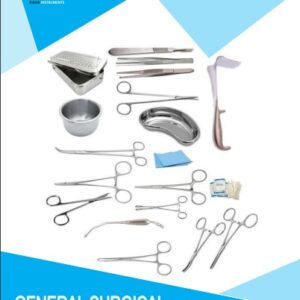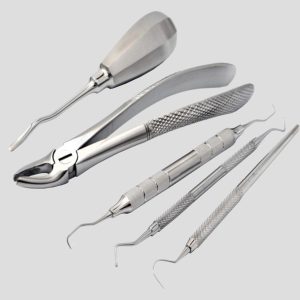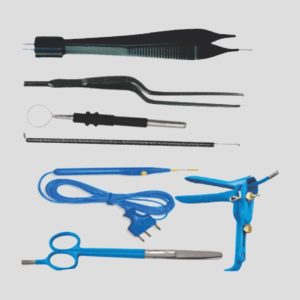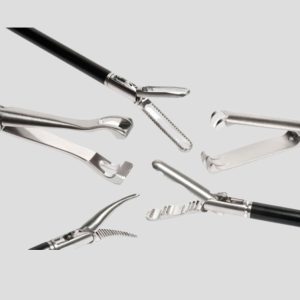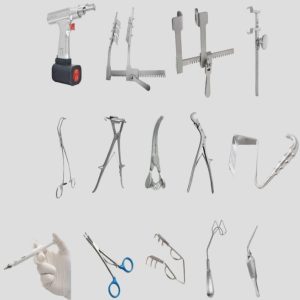
1. Greed & Short-Term Gains
Some manufacturers think:
“If I save $1 on every instrument by skipping a process, I’ll make more profit.”
They ignore the long-term risks:
Lawsuits
Lost trust
Damaged brand
Potential to harm or kill someone
2. No In-House Capabilities
Companies without in-house:
Forging
Polishing
Ultrasonic cleaning
QA Inspection
…often outsource to the lowest bidder, losing control over quality.
They rely on hope instead of standards.
3. No Regulatory Pressure (Locally)
In many countries — including parts of Pakistan — regulatory enforcement is weak or inconsistent.
Instruments that would fail in Europe/USA are still sold locally or to unregulated buyers
Factories exploit this to skip inspections, use cheaper steel, or avoid CE/FDA processes
4. Lack of Testing Knowledge
Some factory owners simply don’t know:
What HRC testing is
Why pickling matters
What surface integrity really means
They produce by habit, not by scientific validation.
5. They Don’t See the Patient
Unlike Rigor, many manufacturers never stop to ask:
“What if my own family was treated with this instrument?”
They build for profit — not for people.
Why Rigor Instruments Must Lead by Example
You make good money. And you still care.
That’s exactly what will set your legacy apart.
Here’s how Rigor can fight back:
Publish “⚠️ Spot a Dangerous Instrument” campaigns
Share infographics of case studies + consequences
Show videos of your in-house QA & defect rejection
Educate clients why your cost is fair — because it includes life-saving standards






